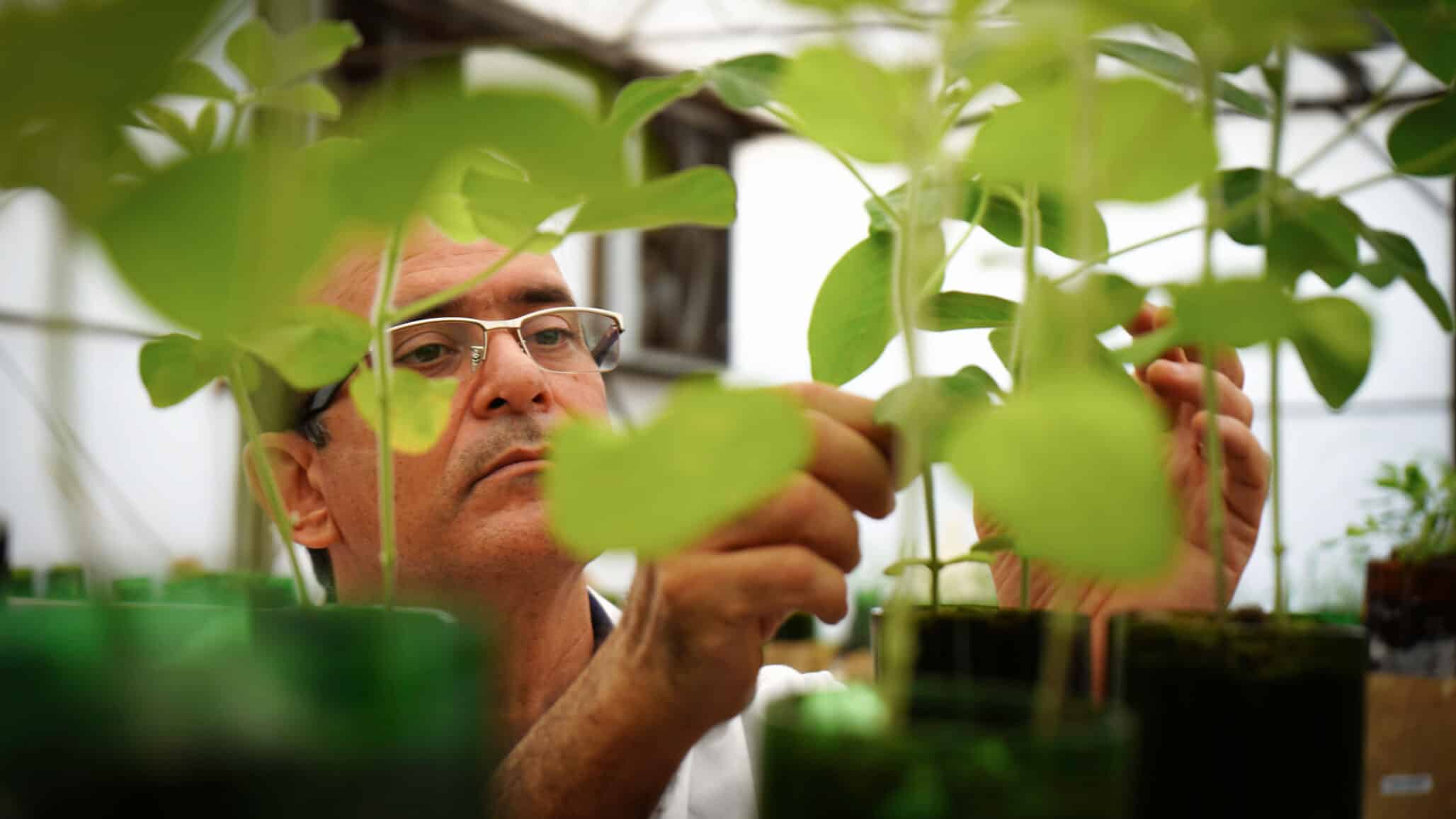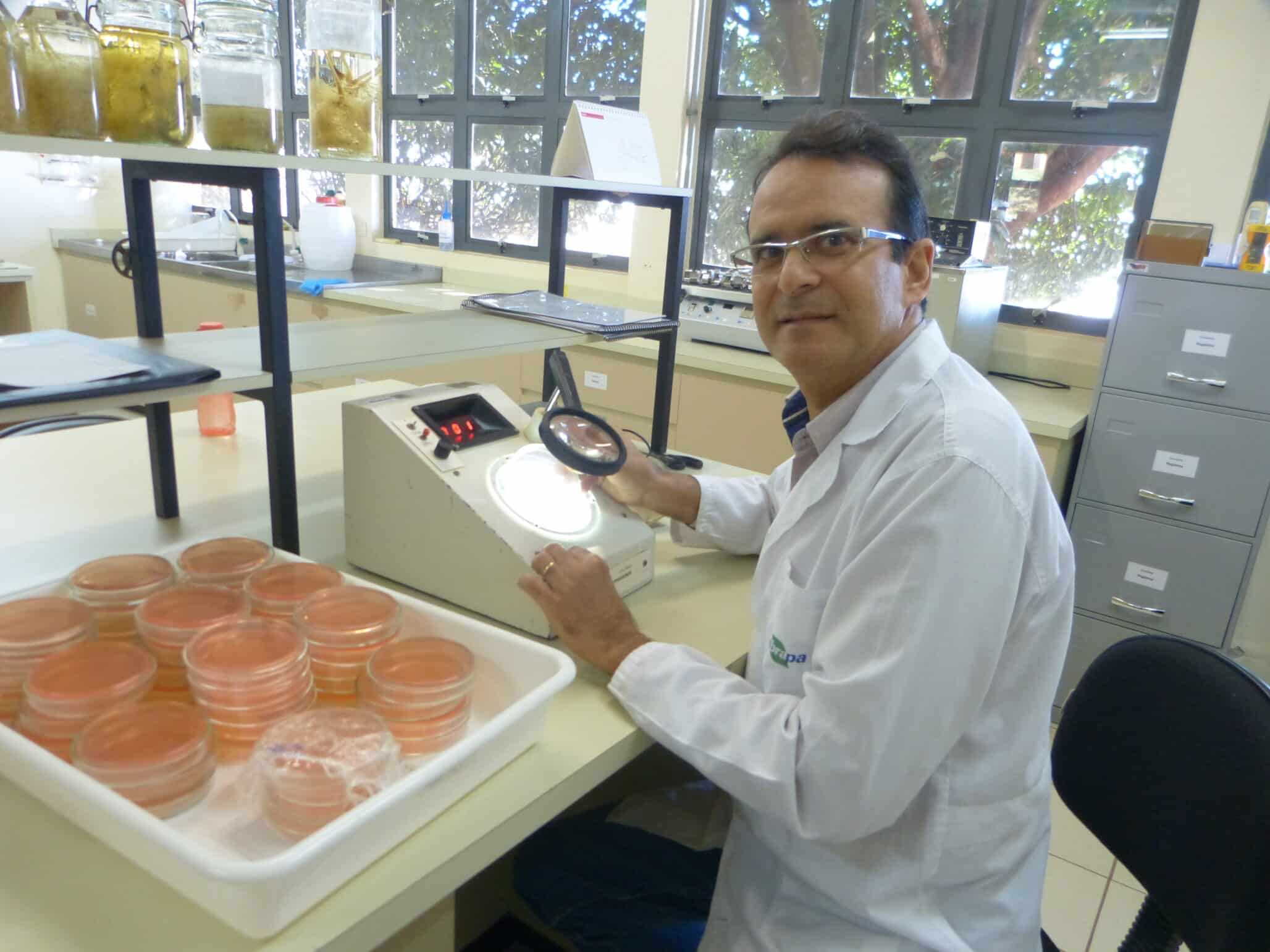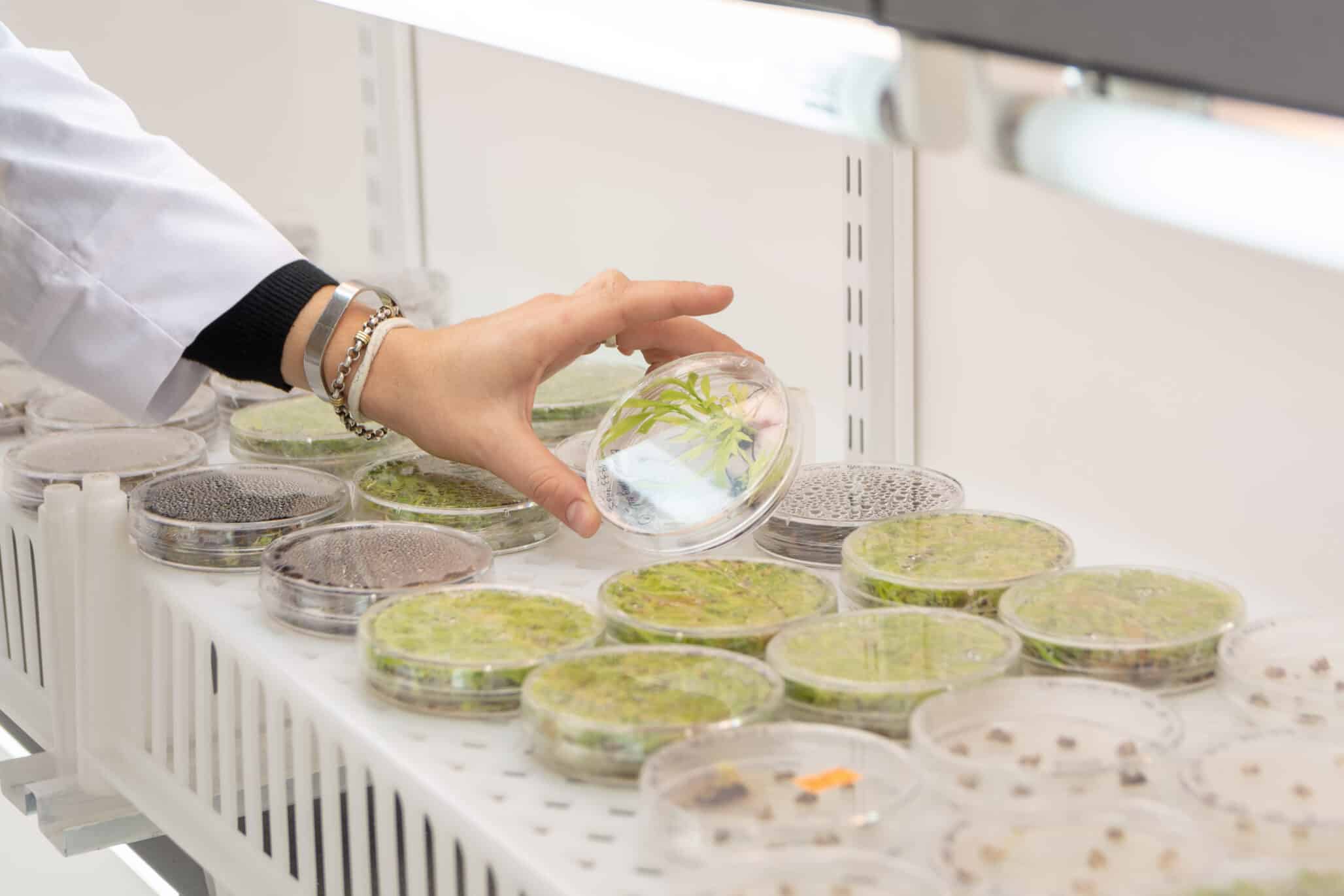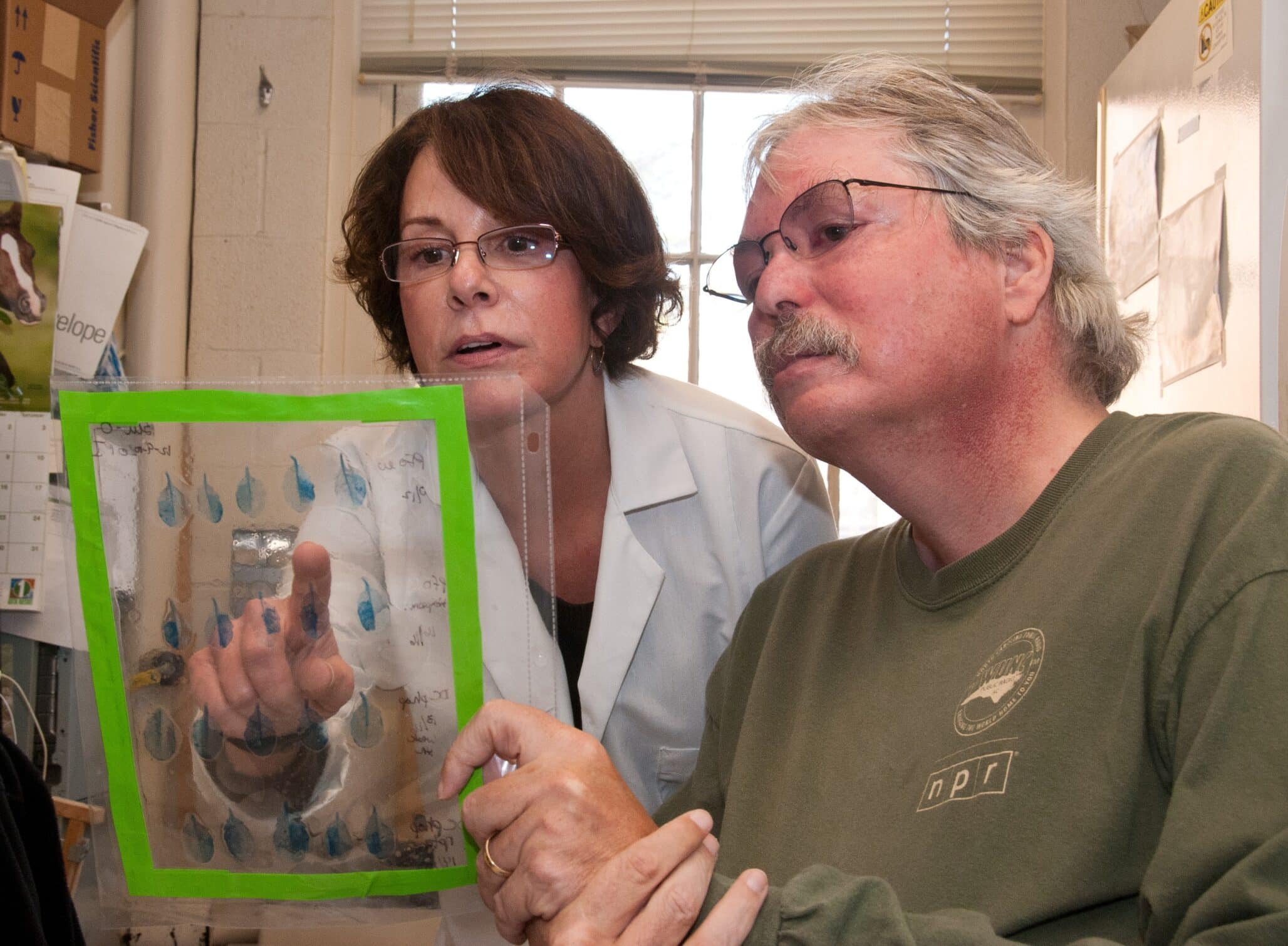Across Latin America, scientists and agricultural innovators are embracing the use of beneficial microorganisms to transform farming practices. As the demand for sustainable agriculture intensifies, biological solutions can naturally supply nutrients to crops and offer a promising alternative to synthetic fertilizers. In this movement, South American organizations are at the forefront of pioneering microbial solutions that support efficient, eco-friendly farming.
Selecting Natural Bacteria for Efficient Nitrogen Fixation
In Brazil, the selection of bacteria that aid in biological nitrogen fixation has been ongoing for over 70 years, with a significant focus on soybeans. Soy, an exotic crop in Brazil, lacks naturally occurring beneficial bacteria in the country’s soils. Initially, inoculants had to be imported, primarily from the United States and Australia, but as soybean cultivation expanded into the Cerrado region in the 1970s, Brazilian scientists adapted these solutions to Brazil’s unique soils and climates. The result was the selection of four elite strains of Bradyrhizobium (SEMIAS 587, 5019, 5079, and 5080), which, when inoculated, provide nitrogen to soybeans without requiring synthetic fertilizers.
Embrapa, the Brazilian Agricultural Research Corporation (Empresa Brasileira de Pesquisa Agropecuária), is Brazil’s leading state-owned research organization dedicated to advancing agricultural and livestock innovations. Embrapa’s work exemplifies Latin America’s leadership in microbial solutions. Contrary to the development of genetically modified organisms, Embrapa’s scientists are selecting highly efficient strains of bacteria already found in nature. Marco Antonio Nogueira, a scientific researcher at Embrapa Soybean, explains, “We are not developing new organisms, but selecting efficient strains already found in nature.”
These bacterial strains have been instrumental in Brazil’s agricultural success, meeting the nitrogen requirements of high-yield soybean cultivars. As Nogueira explains, “These strains can supply around 80 kg of nitrogen per ton of grain produced, significantly reducing the need for nitrogen fertilizers in soybean cultivation.” However, he emphasizes that these bacteria must be reintroduced each season due to the competitive nature of the soil environment, where native microorganisms tend to outcompete the introduced strains. “To maintain efficacy, we reintroduce these elite bacteria through inoculation every harvest,” he adds.
The success of these microbial inoculants extends to other legumes, such as beans and peanuts, corn, wheat, and even grasses. For these crops, Embrapa has also selected plant growth-promoting bacteria, like Azospirillum Brasiliense, that stimulates root growth and enhances the plants’ nutrient absorption capabilities. These bacterial strains are not genetically modified but are selected from nature through rigorous research for their efficiency.
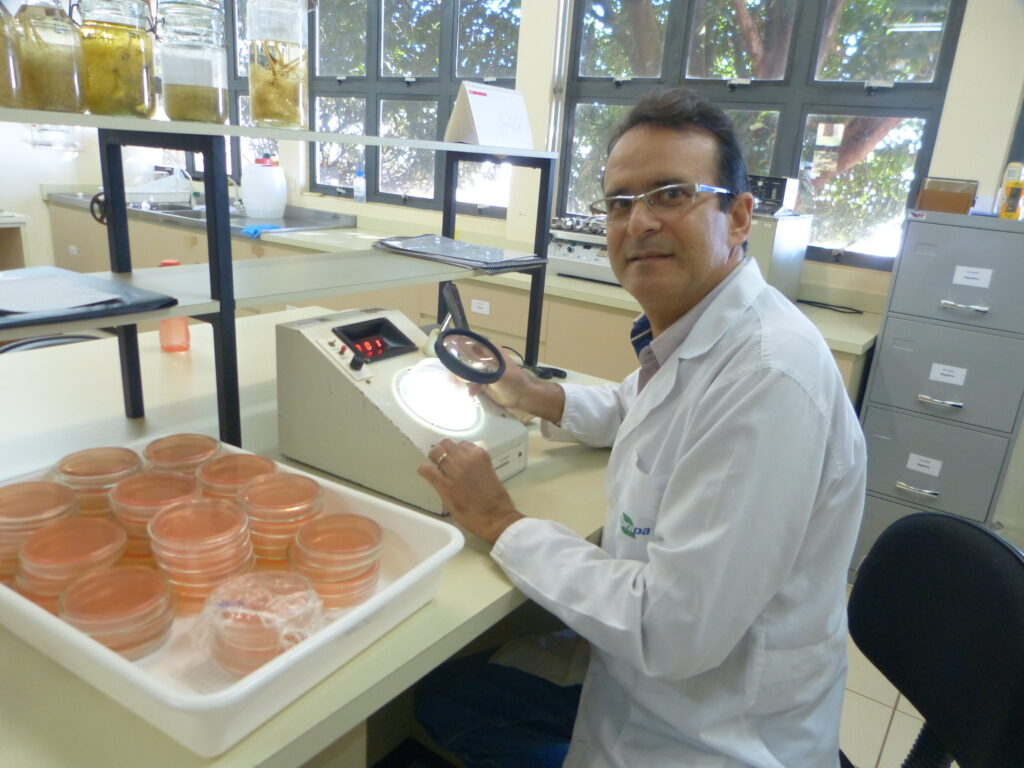
Microbial Solutions for Diverse Environments
One of the strengths of these microbial solutions is their adaptability to diverse environments, which is crucial for a region as varied as Latin America. Nogueira notes that while some microorganisms are specific to certain soil and climate conditions, strains like Brady rhizobium for soybeans and Azospirillum Brasiliense for grasses are highly adaptable. “The same strains used in the northernmost regions, like Roraima, are also effective in the far south, such as Rio Grande do Sul. Both small and large producers benefit from these technologies,” Nogueira states. This flexibility ensures that microbial inoculants can support sustainable practices across various farming contexts.
Bridging Sustainability and Productivity with Biologicals
In Argentina, private companies are advancing biological solutions for seed treatments, with organizations like Rizobacter playing a significant role. Recognized for its work in agricultural microbiology, Rizobacter has contributed to developing biological inoculants and soil enhancers, showcasing the potential of these innovations in modern farming.
Gabriel Mina, Rizobacter product portfolio manager, sees biological products as essential for meeting modern agricultural demands. “The growth in the use of biological solutions has outpaced the rate of adoption of chemical technologies,” says Mina, highlighting the industry’s shift toward environmentally friendly alternatives.
Mina, however, stresses that biologicals and chemicals should not be viewed as mutually exclusive. “It would be wrong to say that all agrochemicals will be replaced. We are not against agrochemicals, but we see the importance of integrating biologicals where they are more effective,” he explains. This balanced approach aligns with the practical needs of farmers, who seek sustainable and reliable solutions.
In Brazil, biological nematicides have demonstrated remarkable efficacy in controlling pests. Approximately 85% of the nematicide market now consists of biological products, as they have proven to be not only effective but also less harmful to the environment. Mina points out that biological solutions have undergone extensive testing, particularly in tropical climates, where they have consistently outperformed traditional chemical solutions.
Addressing Climate Resilience with Microbial Innovation
Beyond nutrient provision, microbial solutions also contribute to crop resilience under environmental stresses. Embrapa’s research has shown that certain bacteria can help plants tolerate drought and temperature fluctuations, critical attributes as climate change brings more unpredictable growing conditions. Some microorganisms aid in phosphorus mobilization, making this vital nutrient more accessible to plants. This adaptability offers an additional advantage to farmers seeking resilient crops.
“The challenge for the next generation of agriculture is understanding where agrochemicals can be replaced and where biologicals can make the most significant impact,” says Mina. He believes that a complementary approach, where biological and chemical products are used strategically, holds the greatest potential for maximizing both productivity as well as sustainability in Latin American farming and its seed sector.
A Sustainable Path Forward
Latin America’s shift toward biological solutions reflects a broader commitment to sustainable agriculture. Farmers in Argentina, Brazil, and beyond, increasingly view microbial products as effective, sustainable alternatives to synthetic fertilizer inputs. However, the path to widespread adoption is not without obstacles, as education and support are necessary to help growers embrace these new solutions.
Latin America is positioning itself as a leader in the sustainable agricultural movement. By harnessing the power of natural microorganisms, the region is setting an example for the world, showing how science and nature can work together to meet the challenges of modern agriculture.
As Gabriel Mina aptly puts it, “Biological products are not just an alternative; they are a necessary evolution for the seed sector and agriculture as a whole.” Through continued innovation, collaboration, and a focus on sustainability, Latin America’s agricultural sector is poised to lead the way toward a more sustainable future in global farming.


